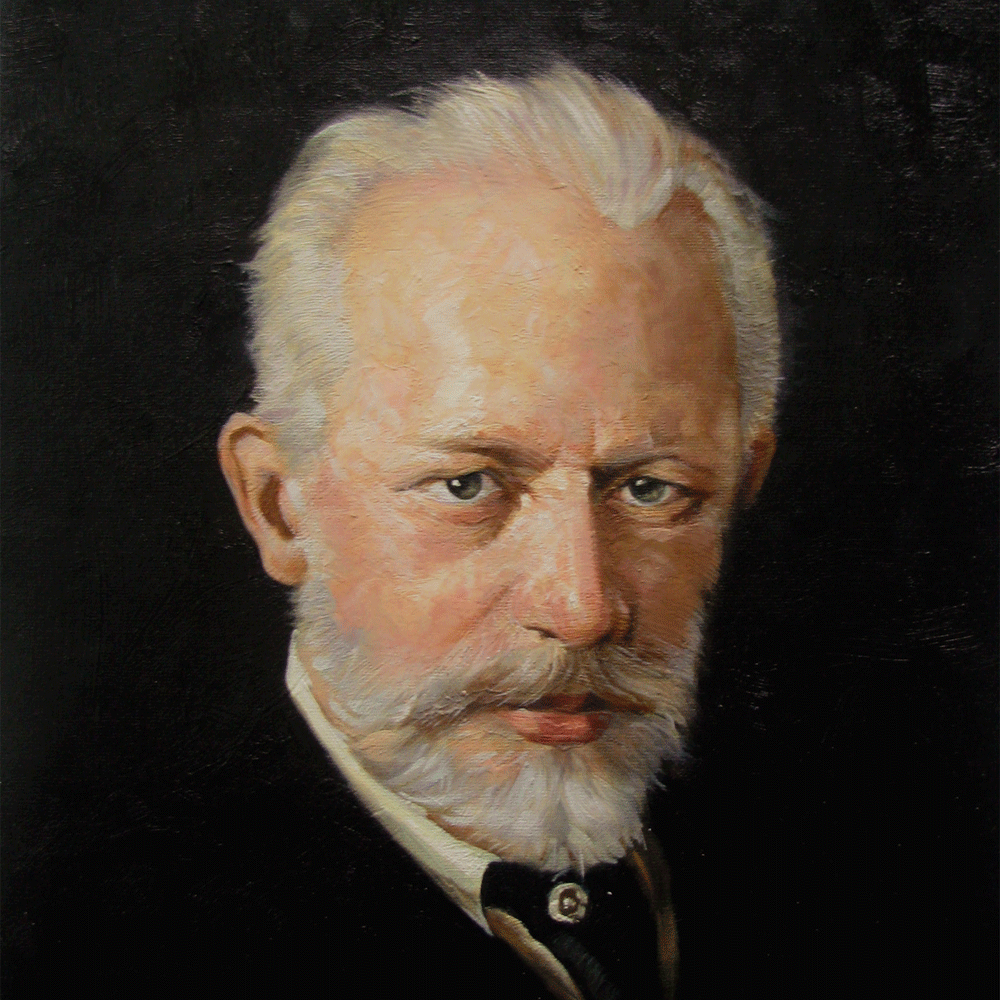A Prodigy’s Beginnings
Pyotr Ilyich Tchaikovsky, born on May 7, 1840, in Votkinsk, Russia, was destined for greatness from an early age. Raised in a family with a deep appreciation for the arts, Tchaikovsky’s innate musical talents blossomed under the guidance of his mother, an accomplished pianist. His formative years were marked by a voracious appetite for knowledge, as he immersed himself in the works of literary giants and honed his skills in various artistic disciplines.
An Unconventional Path
Despite his evident musical prowess, Tchaikovsky’s initial career trajectory veered away from the realm of composition. He pursued a legal education, eventually securing a position in the Ministry of Justice. However, fate had other plans, and in 1863, Tchaikovsky made the pivotal decision to abandon his bureaucratic pursuits and dedicate himself entirely to his true passion – music.
Forging a Distinctive Voice
Tchaikovsky’s compositional style was a harmonious blend of Russian folk melodies and Western European influences, creating a unique and captivating sound that resonated with audiences worldwide. His ability to infuse his works with profound emotional depth and vivid storytelling set him apart from his contemporaries, earning him a revered place among the most celebrated composers of the Romantic era.
Symphonic Masterpieces
Tchaikovsky’s symphonic works are a testament to his extraordinary talent and innovative spirit. His Symphony No. 4 in F minor, Op. 36, stands as a monumental achievement, with its powerful opening chords and intricate interplay of melodies and harmonies. The Symphony No. 6 in B minor, Op. 74, also known as the “Pathétique,” is a poignant exploration of human emotion, culminating in a hauntingly beautiful finale that has left audiences spellbound for generations.
Concertos and Orchestral Works
Beyond his symphonies, Tchaikovsky’s concertos and orchestral works have left an indelible mark on the musical landscape. The Piano Concerto No. 1 in B-flat minor, Op. 23, is a tour de force of virtuosity and lyricism, showcasing his mastery of orchestration and his ability to craft melodies that resonate deep within the soul. The Violin Concerto in D major, Op. 35, is another crowning achievement, a work that challenges the technical prowess of the soloist while captivating listeners with its soaring melodies and rich harmonies.
Ballet Masterworks
Tchaikovsky’s contributions to the world of ballet are nothing short of revolutionary. His iconic scores for “Swan Lake,” “The Sleeping Beauty,” and “The Nutcracker” have become integral parts of the ballet repertoire, transcending cultural boundaries and captivating audiences of all ages. These works exemplify Tchaikovsky’s ability to seamlessly blend music and movement, creating immersive experiences that transport audiences to realms of enchantment and wonder.
Vocal and Choral Compositions
While Tchaikovsky is best known for his instrumental works, his vocal and choral compositions are equally noteworthy. The opera “Eugene Onegin,” based on Alexander Pushkin’s novel of the same name, showcases his gift for capturing the nuances of human emotion through music. His liturgical works, such as the “Liturgy of St. John Chrysostom,” Op. 41, and the “All-Night Vigil,” Op. 52, are masterpieces of sacred choral music, evoking a sense of reverence and spiritual transcendence.
Orchestration and Melodic Mastery
One of Tchaikovsky’s greatest strengths was his ability to craft exquisite melodies that resonated with audiences on a profound emotional level. His melodies were often inspired by Russian folk tunes, but he imbued them with a depth and complexity that elevated them to new heights. His orchestration skills were equally remarkable, as he deftly wove together various instrumental voices to create rich tapestries of sound that captivated listeners.
Personal Struggles and Artistic Expression
Tchaikovsky’s life was not without its challenges. He grappled with bouts of depression and struggled to reconcile his sexual orientation with the societal norms of his time. These personal struggles often manifested in his music, lending an added layer of emotional depth and intensity to his compositions. Through his works, Tchaikovsky found a means of artistic expression and catharsis, allowing him to channel his innermost thoughts and feelings into enduring masterpieces.
International Acclaim and Lasting Influence
Tchaikovsky’s brilliance was recognized and celebrated during his lifetime, as he received numerous accolades and honors from institutions around the world. His music transcended borders and cultural divides, resonating with audiences across continents and inspiring generations of composers and musicians. Today, his works remain staples of the classical repertoire, performed in concert halls and opera houses globally, a testament to the enduring power and relevance of his artistic vision.
Preserving a Musical Legacy
In recognition of Tchaikovsky’s immense contributions to the world of music, numerous institutions and organizations have dedicated themselves to preserving and promoting his legacy. The Tchaikovsky Competition, one of the most prestigious international music competitions, attracts talented musicians from around the globe, providing a platform for the next generation of artists to showcase their interpretation of Tchaikovsky’s masterpieces.

